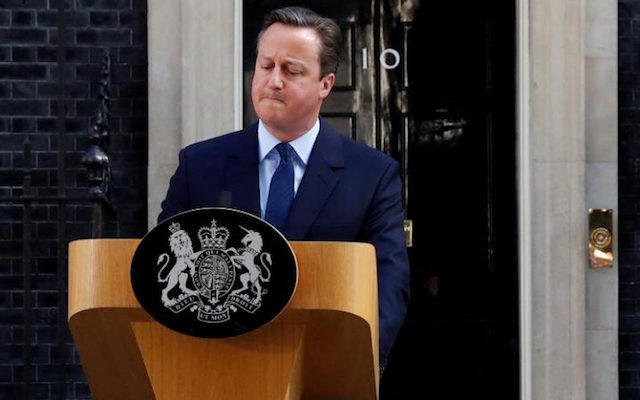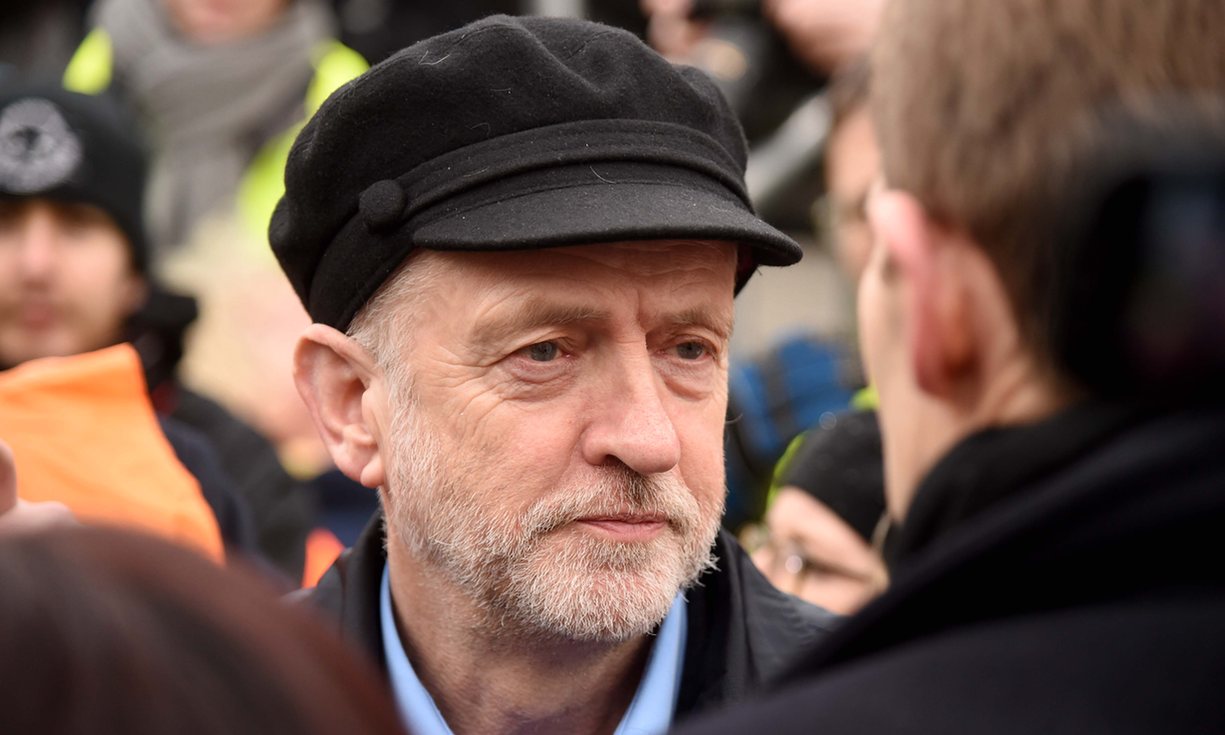By Andrew Burgin
The British referendum campaign on EU membership is entering its final days. As I write this the opinion polls are signalling an advantage for Leave but the result will be close either way.
The campaign is reshaping the British political landscape and the referendum – whatever the outcome – will mark a turning point in the politics of this country. This is a crucial moment because a Brexit victory would inflict a serious defeat on working people, compounding the political and economic setbacks experienced since Thatcherism and isolating us from the working class across Europe.
I am campaigning – and will be voting – to remain within the EU.
My vote will not reflect any misplaced confidence in the progressive nature of the EU – it remains a profoundly undemocratic, neo-liberal institution facing a deep, possibly existential crisis. I have explained more fully my reasoning here:
http://www.defenddemocracy.press/european-union-tale-two-referenda/
Those on the far left advocating a Leave vote dismiss the possibility of struggle against the EU at a European level, arguing that Brexit is necessary to clear a path to socialism, and that leaving the EU would open the door for an anti-austerity Labour government headed by Jeremy Corbyn. I, and many others – including the overwhelming majority of the labour and trade union movement – profoundly disagree. Most young people too are opposed to leaving – many have a strong sense of European identity.
We must fight this campaign as it really is. We cannot replace a concrete analysis with wishful thinking. Brexit makes a Corbyn government less likely not more likely. The dominant voices in the Brexit campaign are the right and the far right. The referendum was called to advance the political agenda of the right – against migration, against human and civil rights, for increasing deregulation and intensification of the free market.
In fact it has turned out to be worse than I expected. This has been the most reactionary national campaign in British political history. Much of the propaganda emanating from the Leave camp has been deeply racist.
If there is a single slogan that encapsulates the Leave campaign it is this: ‘Blame immigrants for everything’ – crime, lack of housing, overcrowded schools, poor access to healthcare, unemployment and the threat of terrorism.
Their campaign has been utterly dominated by the question of immigration and by the demand to end the free movement of labour. The improvement in the polls for the Brexit camp is linked to how frequently the question of immigration is raised – no matter how outlandish the claims. More fuel is added to this fire by those in the Remain camp, like the Labour party right-wing, who make concessions to this reactionary rhetoric. Leaving the European Union on this basis does not create the conditions for socialist advance but would only strengthen the xenophobic right, here and across Europe.
Should Britain decide to exit the EU there would – without a doubt – be more stringent immigration controls and an end to free movement from the other EU countries. More than 2.3 million people from other EU countries are currently living in Britain and their rights here would be threatened. But the case must be made loud and clear – these people form part of the working class and must be defended. We must reject the arguments of some on the left who propose that we must not ‘ignore the negative consequences for working-class communities of EU-driven mass migration’. This is just bending the knee to anti-immigrant sentiment. In reality, the negative experience of the working class in Britain is driven by decades of neo-liberal economic policies imposed first and foremost by our own ruling class.
There has certainly been a general retreat in workers’ rights and conditions, and the weakening of trades unions, over the last decades. But this is nothing to do with immigrants and everything to do with the policies imposed by successive governments. We need to organise together to ensure a living wage and secure contracts for all so that employers cannot lay off one group of workers and employ others at lower rates – whether they are migrants or not. We cannot play into the ‘divide and rule’ approach of our ruling class.
Directly linked to the question of immigration is that of internationalism. The current structures of the EU represent the limits of capitalist integration on a European-wide basis. The EU is not a state as such but a hybrid organisation which through its structures represents the interests of national capitalist classes.
Those of us arguing for Remain have to outline a path towards a genuine political democracy and European union. Co-ordinated resistance across Europe to break the neo-liberal structures of the EU and advance towards a socialist union is both possible and necessary and this is the basis of our left Remain campaign. What should determine our position in the referendum is whether working people will be better off and stronger for future battles if Britain leaves the EU or remains. Our assessment is that we stand a better chance as a pan-European working class together within the EU but we have to really fight to make that work. This is surely the lesson of Greece. There was no solution for Greece in or out of the EU without a mobilisation of the working class throughout Europe in support of the people’s brave OXI vote in their referendum. One can criticise the retreats of the Syriza government but our responsibility as socialists is to also propose the organisational and political solutions to the crisis facing the working class across Europe.
Three days after the referendum here there will be elections in Spain where the new left alliance of Podemos and the United Left are poised to overtake the Socialist Party to become the largest force on the left. Together with the advance of the left in Portugal, these are very significant developments. Yet the social and economic impact of neo-liberalism also gives rise to popular support for the far right. We see this in France, Poland, Hungary, Austria and elsewhere.
In this context it is irresponsible to adopt a position – for Brexit – which will only strengthen the right in Britain at a time when we need to strengthen the British left as part of strengthening the European left. Brexit would weaken Corbyn, but the Corbyn-led Labour Party as a political factor within the EU, challenging social democracy’s embrace of neo-liberalism, would be an enormous asset for the left.
Whatever the outcome, the future lies in greater cooperation across Europe. A Brexit will make that more urgent as we fight against a resurgent right wing government. But a Remain outcome requires us to step up our collective work as part of the European left to fight European capital. There really is no alternative.











